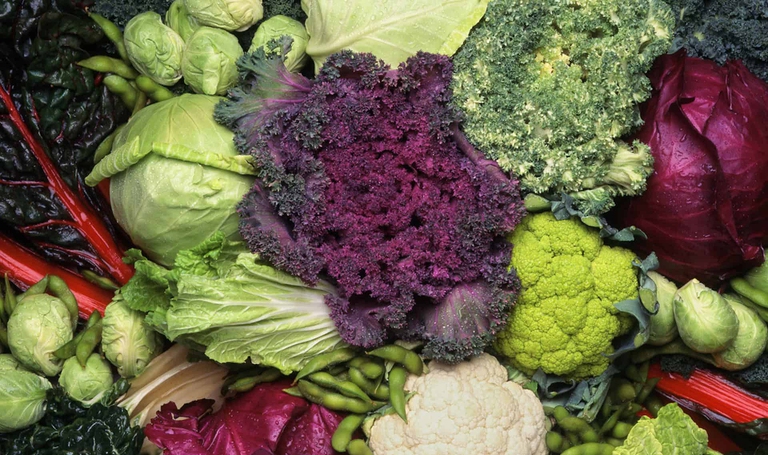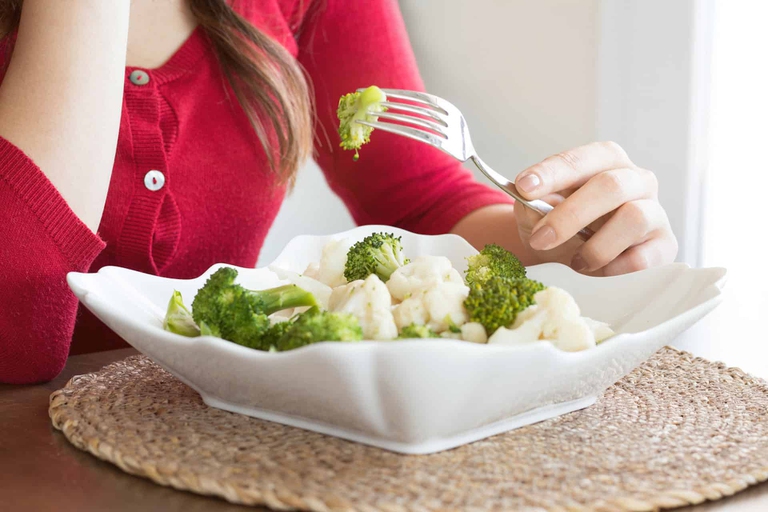https://www.lifegate.it/broccoli-cavoli-contro-pressione-alta-studio
- |
- According to a study conducted in Australia, eating broccoli and cabbage lowers blood pressure.
- The research was done with dietary interventions on Australian adults with high blood pressure.
- Increasing your consumption of cruciferous vegetables protects against the risk of heart attack and stroke.
The consumption of cruciferous vegetables, including broccoli, damn And cauliflower, it is useful for lowering the blood pressure and it does so more than the consumption of root vegetables such as carrots and potatoes or that of pumpkin:a study byEdith Cowan University of Perth, Australia, published in the scientific journal BMC Medicine.

“Compounds called glucosinolates, found almost exclusively in cruciferous vegetables, have been shown to lower blood pressure in animals, while evidence in humans has so far been limited,” he said Emma Connolly, among the authors of the study.This new research was carried out, however, by involving middle-aged and older Australian adults with high blood pressure.
Cruciferous vegetables against high blood pressure:the study
The study was conducted over a period of six weeks, with participants completing two two-week dietary interventions, separated by a “wash-out” period of another two weeks in which they followed their usual diet.
During the first intervention period the participants consumed four portions of cruciferous vegetables per day, while during the second intervention period they consumed carrot, potato and pumpkin soups.Participants' blood pressure was measured continuously for 24 hours, before and after both intervention periods, showing a difference of 2.5 mmHg in reducing blood pressure for the consumption of cruciferous vegetables compared to that of root vegetables and pumpkin. Baseline diet and lifestyle remained unchanged throughout the study, indicating that the observed blood pressure reduction was not influenced by these factors.
Why increase your consumption of broccoli and cabbage
This reduction in blood pressure can result in approximately 5 percent lower risk of having a heart attack or stroke.In addition to glucosinolates, cruciferous vegetables contain other components such as nitrates And vitamin K which, according to scholars' hypotheses, provide further benefits in lowering blood pressure.

The researchers highlighted the fact that cruciferous vegetables generally constitute a small portion of total vegetable intake, while increasing the intake of this group of vegetables, ideally every day of the week, you can obtain more benefits in terms of lowering blood pressure and reducing the subsequent risk of developing heart disease at an advanced age.
